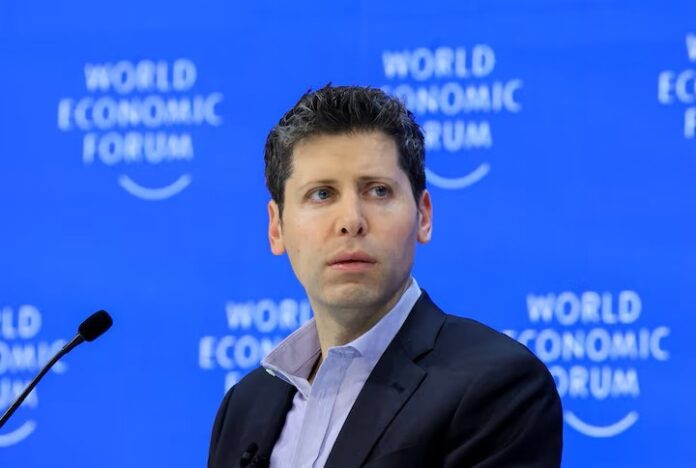Sam Altman, the CEO of OpenAI, appears poised to reshape the organization’s structure by attempting to remove the very nonprofit entity that once tried to oust him from the company. This move comes as OpenAI considers transitioning from a nonprofit to a for-profit organization, a decision that has sparked controversy and raised questions about the ethical direction of the company.
A Shift to a For-Profit Future
OpenAI, originally founded with a nonprofit structure to ensure its artificial intelligence (AI) development remained aligned with ethical standards and beneficial to humanity, is now at a crossroads. The company, under Altman’s leadership, is reportedly planning a restructuring that could see it shift to a for-profit model, a transition that Altman has described as “complicated.” While the nonprofit structure was designed to act as a safeguard, ensuring that OpenAI’s AI systems would not cause harm, the company’s evolving business model now seems to be clashing with its original mission.
Altman’s desire for greater control over OpenAI’s future has led to him negotiating a reduced role for the nonprofit oversight body. Sources indicate that Altman is aiming to negotiate a buyout of the nonprofit’s influence, potentially for billions of dollars. This marks a significant shift from OpenAI’s founding principles, which prioritized ethical commitments and altruistic goals.
The Nonprofit Board and Altman’s Removal
The current drama surrounding OpenAI is deeply intertwined with the company’s history over the past year. In November 2023, OpenAI’s nonprofit board made headlines when it attempted to remove Altman from his position as CEO, citing differences in leadership approach. This controversial decision quickly backfired, leading to widespread backlash. Within days, the majority of the board resigned, and Altman was reinstated with stronger backing from key stakeholders, including major investors and employees.
In the aftermath, OpenAI underwent a significant governance overhaul. The company brought in new leadership, with Bret Taylor (former co-CEO of Salesforce) appointed as chairman and former Treasury Secretary Larry Summers among the new board members. Microsoft, a major investor in OpenAI, also secured a non-voting observer seat on the board. The power shift within the company marked a clear defeat for the nonprofit board, which had tried to oust Altman.
Altman’s return as CEO was widely celebrated, especially by OpenAI’s employees, who had rallied behind him during the tumultuous period. Many had threatened to resign unless Altman and his partner, Greg Brockman, were reinstated, further highlighting the internal support for his leadership.
OpenAI’s Governance Crisis and Ethical Concerns
Despite the resolution of Altman’s removal, the internal power struggles have raised serious questions about OpenAI’s governance. Critics, including Elon Musk, have expressed concerns that shifting to a for-profit model could undermine the company’s ethical commitments, particularly regarding the responsible development and deployment of AI technologies. There are fears that the transformation could prioritize commercial interests over the broader social impact that OpenAI initially sought to achieve.
Altman has acknowledged the need for improvements in OpenAI’s governance, vowing to implement changes to prevent future conflicts. In a recent statement, he called for an independent review of the events that led to his ousting, emphasizing that lessons must be learned from the debacle. The situation has also prompted a broader conversation about the ethical responsibilities of companies developing cutting-edge technologies, particularly when those technologies could have far-reaching implications for society.
A New Era for OpenAI
As OpenAI navigates this period of transformation, the future of the company remains uncertain. The shift from nonprofit to for-profit is a bold move that could reshape the AI landscape. However, it also raises important questions about the balance between profit motives and ethical considerations in AI development.
For Altman, the transition could provide greater autonomy and flexibility to execute his vision for the company. However, the path forward will require careful navigation of both internal and external challenges, including ensuring that OpenAI’s AI systems remain aligned with the values of safety, fairness, and accountability.
The unfolding drama at OpenAI is not just a corporate power struggle—it is a critical moment in the evolution of artificial intelligence. As the company transitions to a new phase, it must grapple with its origins as a nonprofit and the evolving pressures of becoming a profit-driven enterprise. How OpenAI manages this transformation could set the tone for the future of AI development worldwide.






